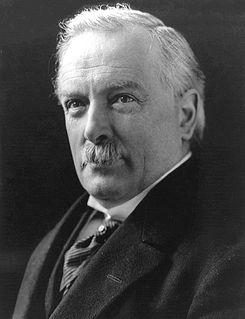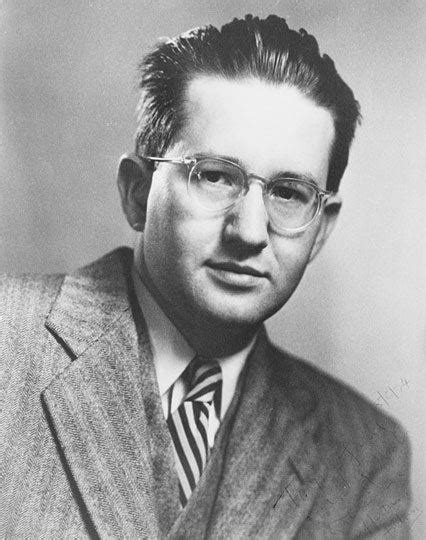A Quote by Jo Grimond
The trouble with the Labour Party is that they don't really believe in Socialism, but they cannot wholeheartedly approve of private enterprise either.
Related Quotes
Socialism needs to pull down wealth; liberalism seeks to raise up poverty. Socialism would destroy private interests, Liberalism would preserve [them] ... by reconciling them with public right. Socialism would kill enterprise; Liberalism would rescue enterprise from the trammels of privilege and preference. Socialism assails the preeminence of the individual; Liberalism seeks ... to build up a minimum standard for the mass. Socialism exalts the rule; Liberalism exalts the man. Socialism attacks capitalism; Liberalism attacks monopoly.
The quickest and surest way to production, prosperity, and economic growth is through private enterprise. The best way for governments to encourage private enterprise is to establish justice, to enforce contracts, to insure domestic peace and tranquility, to protect private property, and to secure the blessings of liberty including economic liberty - which means to stop putting obstacles in the way of private enterprise.
Government-to-government foreign aid promotes statism, centralized planning, socialism, dependence, pauperization, inefficiency, and waste. It prolongs the poverty it is designed to cure. Voluntary private investment in private enterprise, on the other hand, promotes capitalism, production, independence, and self-reliance.































